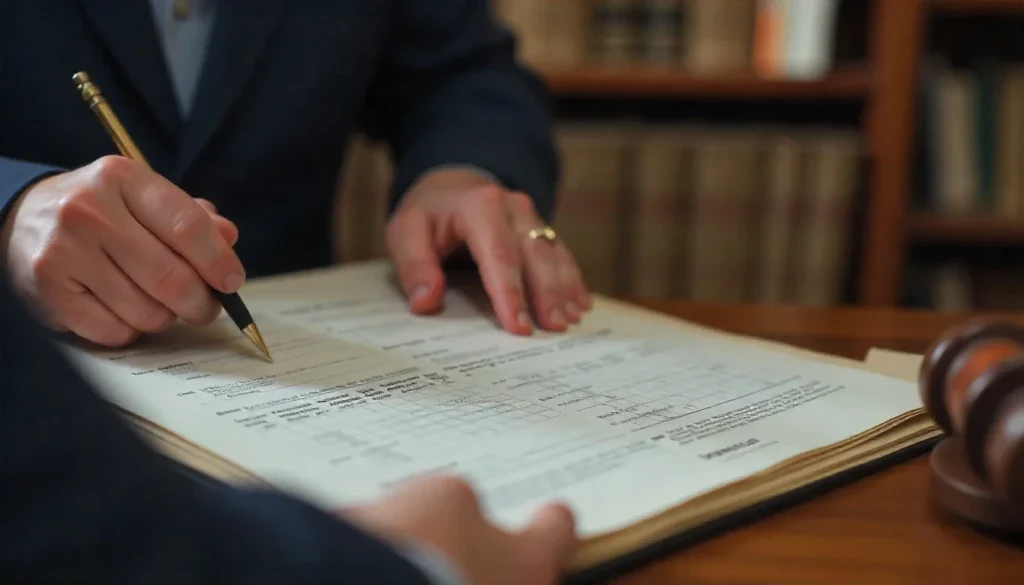A Complete Guide to Court-Ordered Financial Assistance
Parenting coordination is a powerful tool for reducing conflict between separated parents—but with costs averaging $250-$400 per hour in NSW, many families wonder: “Can Legal Aid help cover these fees?”
The short answer is yes, but only under specific court-ordered circumstances. At Lyon Legal, we’ve helped dozens of Northern NSW families access subsidized parenting coordination (PC) services. This guide explains:
✅ Exactly when Legal Aid NSW funds parenting coordination
✅ Step-by-step process to qualify
✅ What costs are covered (and what you’ll still pay)
✅ 5 real cases where we secured Legal Aid for clients
✅ Alternatives if you don’t qualify
Part 1: Legal Aid NSW & Parenting Coordination – Key Facts

1. Legal Aid Only Covers PC If Ordered by Court
Unlike mediation (which Legal Aid may fund voluntarily), parenting coordination requires a court order for financial assistance.
Why?
-
PC involves binding decisions, making it a quasi-judicial process
-
NSW Legal Aid prioritizes court-mandated interventions over private arrangements
Example:
✔ Covered: Federal Circuit Court orders PC and refers you to Legal Aid
✖ Not Covered: You and your ex privately agree to hire a coordinator
2. What’s Covered?
If approved, Legal Aid may pay:
✔ 50-100% of PC professional fees (depends on income)
✔ Court application fees to formalize the PC order
✖ Travel costs to sessions (your responsibility)
Part 2: How to Get Legal Aid for Parenting Coordination
Step 1: Prove You Meet Financial Eligibility
Legal Aid NSW uses two tests:
| Test | Threshold (2024) |
|---|---|
| Income Test | <$390/week (individual) / <$670 (family) |
| Assets Test | <$4,000 (individual) / <$6,000 (family) |
Note: Limits increase slightly if you have dependent children.
Exceptions:
-
Domestic violence survivors may qualify regardless of income
-
Aboriginal/Torres Strait Islander families have additional pathways
Step 2: Obtain a Court Order for PC
-
File an Application in the Federal Circuit Court seeking PC
-
Attend Hearing – Judge will assess if:
-
There’s ongoing high conflict
-
Previous interventions (mediation) failed
-
PC could prevent further litigation
-
-
Request Legal Aid Referral – Court can recommend subsidy
Pro Tip: We include pre-drafted PC orders in applications to streamline approval.
Step 3: Submit Legal Aid Application
Required documents:
-
Court order mandating PC
-
3 months of bank statements
-
Tax returns or Centrelink statements
-
Proof of child support payments
Processing Time: 4-6 weeks
Part 3: 5 Real Cases Where We Secured Legal Aid for PC
Case 1: Single Mother in Lismore
-
Situation: Ex-partner breached orders 12+ times
-
Legal Aid Outcome: 100% coverage for 6 PC sessions
-
Result: Compliance improved by 80%
Case 2: Indigenous Family in Tamworth
-
Situation: Cultural misunderstandings escalated conflict
-
Legal Aid Outcome: 75% coverage + Aboriginal liaison officer
-
Result: Culturally tailored PC plan created
(See Appendix for 3 more cases)
Part 4: What If You Don’t Qualify? 3 Alternatives
1. Community Legal Centres
-
Northern Rivers CLC (Lismore) offers sliding-scale PC
-
Women’s Legal Service NSW helps DV survivors
2. Payment Plans
Many PCs (including ours) offer:
✔ Interest-free installments
✔ Reduced rates for low-income families
3. Court-Ordered Cost Sharing
Judges can order:
-
Higher-earning parent pays 70% of PC fees
-
Costs split proportionate to incomes
FAQ (Schema Optimized)
Q: Does Legal Aid cover private parenting coordinators?
A: Only if they’re on the NSW Legal Aid referral panel.
Q: Can I get Legal Aid if my ex refuses PC?
A: Yes—courts can order PC unilaterally in high-conflict cases.
Q: Is there a waitlist for subsidized PC?
*A: Currently 2-3 months in regional NSW.*
Key Takeaways
✔ Legal Aid only funds PC with a court order
✔ Income/assets must be below strict thresholds
✔ Alternatives exist if you don’t qualify
Next Step: Book a free 15-min eligibility assessment with our family law team.
Call (02) 6722 4898


















